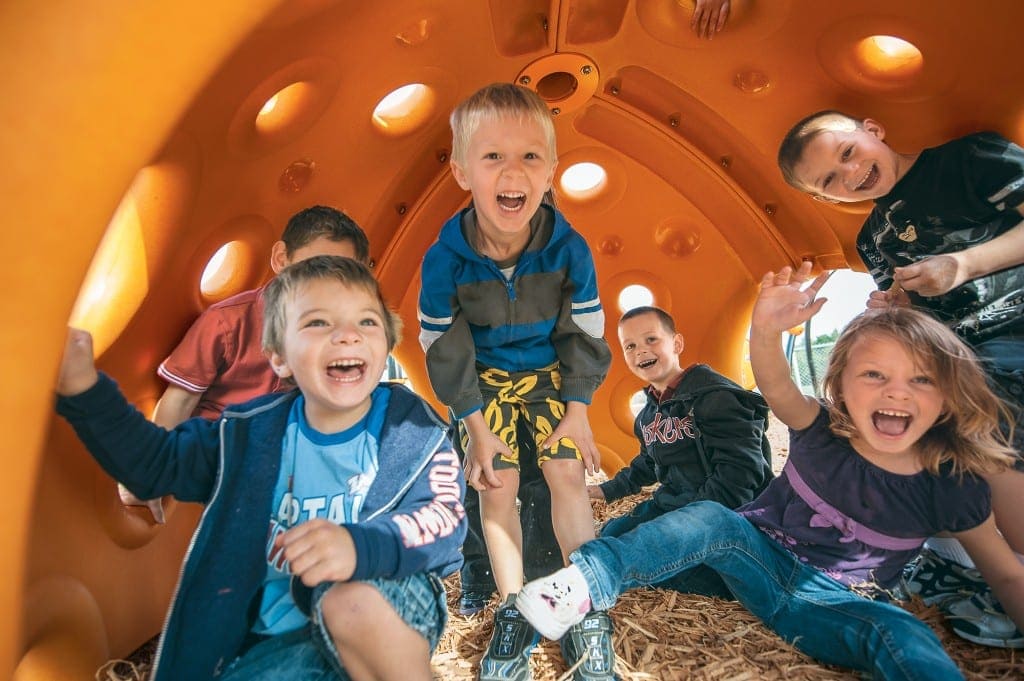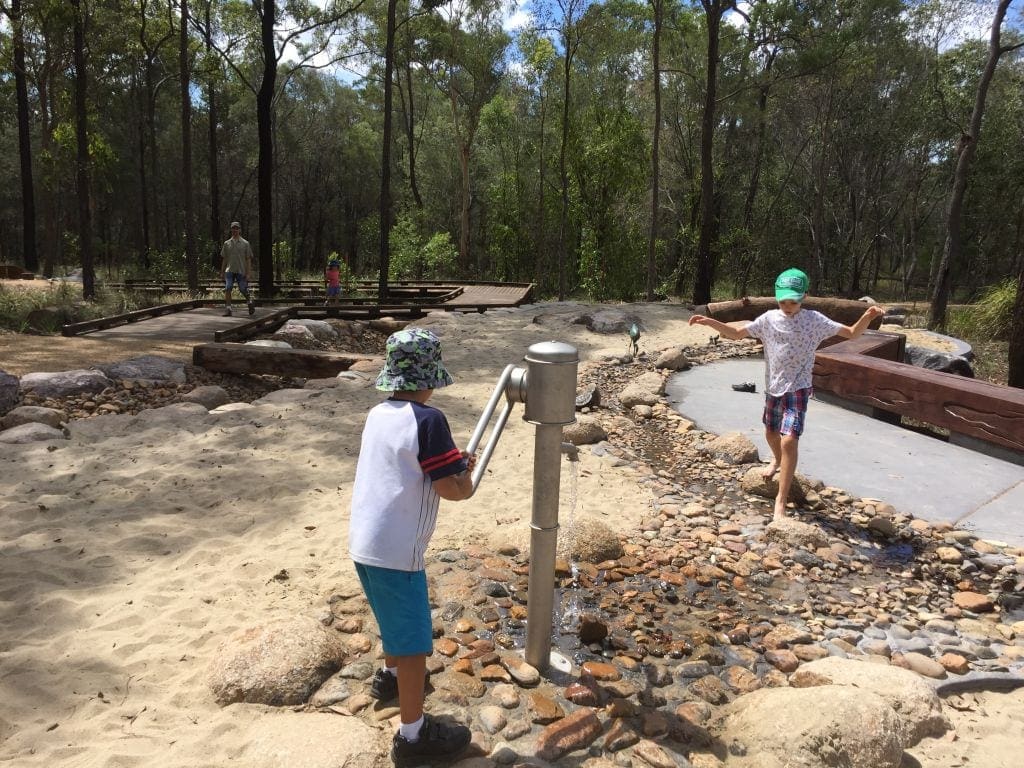Do you feel pressured to fill every waking minute of the school holidays with activities? Resist the urge. Find out why.
Are our kids’ lives over-scheduled?
Our children are used to having each and every minute of their days filled. School sees them speed from lesson to lesson, acquiring new knowledge and constantly exploring new concepts. The amount of assessment items that often fill their curriculum mean there’s little time to slow down. Extra-curricular interests for many families impact almost every day of the week. They launch from class to club to activity to practice to tutoring with barely a minute to sit still.
On the home front, as well, we seem to fulfil our children’s every need before they need it. TV, gadgets, activities, day trips, experiences. Making sure that every weekend and every holiday is spent ‘making memories’ at a break-neck pace. Spending this time with our children is certainly a wonderful gift but doesn’t it feel like everything is so…
Regulated?
Were kids bored on school holidays when we were young?
I remember feeling bored when I was a kid, particularly on school holidays. Long afternoons felt like they stretched out forever. It felt like eternities passed between breakfast and lunch time while we hung out in playgrounds seeing if we could swing high enough to go over the top.
As a gang of kids bored on school holidays, we would pool our collective imaginations together and make up stories. Plays, musicals and murder mysteries with complex plots would take all of our focus leading up to evening performances for our parents. We had more small businesses go bust than the GFC as we tried to trick neighbours into buying lumpy cupcakes, dirty lemonade and poorly constructed jewellery. We made cubby houses, painted murals and built impossible structures out of whatever we could find.
I don’t mean this to turn into some rose-coloured glasses look back at idyllic childhoods and grumble and groan about “kids today being so lazy”. Far from it. Our kid are operating in the frames that we’ve created for them. But what I want to know is…
Why are we so scared of letting our kids be bored?
The science behind letting your kids be bored on school holidays
Childhood is a time of learning how to operate in the world. We see babies and toddlers experiment with cause and effect – if they push the cup off the table, it will crash on the floor and the milk will spill. If they flick the switch the light will turn on and off. These little bundles are endlessly experimenting and testing and wanting to do things for themselves. We’ve all had that argument with the toddler who says they just want to do it “by myself” so will try struggle to put on their shorts for fifteen minutes.
But where does that go? That willingness to try, push, create, innovate and experiment?
When was the last time your school aged kids were left to themselves? Not abandoned, obviously. But left to determine their own entertainment.
When did you last leave them to be bored?
Allowing space for kids bored on school holidays
A 2011 paper presented at the British Psychological Society argued that “boredom makes people long for different and purposeful activities and, as a result, they turn towards more challenging and meaningful activities” (Dr Eric Igou and Wijnand van Tilburg, Bored George Helps Others: A Pragmatic Meaning Regulation Hypothesis on Boredom and Prosocial Behaviour).
If we leap to our feet, Ipad and activity list in hand, every time our children so much as whimper in the direction of boredom – are we best serving their interests? A lot of the research seems to indicate we’re not.
Parents of upper primary and high school children often complain that their little learners are unmotivated or apathetic without the drive to find, discover and pursue their studies. These are children who have never had an unscheduled minute in their lives – they’ve never sat staring out the window, wondering what the day will bring. They’re shipped and shuttled and screentimed so that part of themselves that we’re desperate to bring out, the independence and the creativity, has never been allowed to develop.
What good can boredom bring?
Boredom can produce a “creative state” – remember those plays and stories you made up as a child? If you’d been sat in front of a television or constantly bussed about to activities you wouldn’t have had the time. Asking children to create their own imaginative worlds sparks curiosity and allows interests to develop.
Kids bored on school holidays will have time and space to develop social relationships that hadn’t previously existed for them. Connections with neighbours, school friends and even siblings can result after shared activities like baking or gardening.
Spending time in their rooms is often the refuge of kids bored on school holidays and this is not a bad thing. Being still and peaceful can lead to self-reflection and deeper thinking than they would ever achieve from endlessly staring at a screen. This can, in turn, help children develop resilience as they learn to monitor and fill their own time instead of waiting for everything to be handed to them.
Are we too busy for boredom?
Dr Teresa Belton, senior researcher at the University of East Anglia’s School of Education and Lifelong Learning, posited in 2012 that our culture has “developed an expectation of being constantly occupied and constantly stimulated”. If you think of your own behaviour, we’re always passively absorbing information rather than actively filling our own time. You’re probably reading this on your phone, in fact!
This constant need to be entertained means that if we’re not always absorbed we cry ‘boredom’ without attempting to fill the void ourselves. Or – should we just sit and ‘be’? Is there room in our lives to just ‘be’?
We’ve passed this sense of being constantly ‘occupied’ onto our kids and then we become frustrated with them for not having the ability to entertain themselves.
Let your kids be bored on school holidays
If they cry ‘bored’, try something different. Don’t offer the excursion or the movie or the trip to the playground. You’re not the entertainment coordinator – you’re the facilitator of a possible learning experience.
“I’m bored, mum!”
“Hi bored, I’m mum. What are you going to do about it?”
———————
Louise Lavery is a content writer and the online content manager for Families Magazine. Louise taught senior English for over ten years with a focus on the promotion of literacy development in adolescents with processing and behavioural difficulties. In her spare time she is a freelance writer, a young adult novelist and chief wrangler of the world’s cheekiest three-year-old boy.



